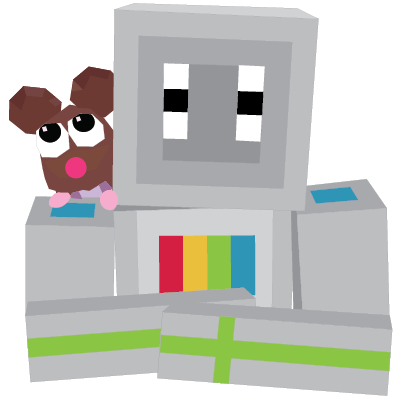In an era where technology shapes the future, equipping educators with the skills to teach computer science is essential for preparing students for tomorrow's challenges. A key focus of the Seasons of CS initiative is to build educators’ confidence in implementing computer science programs.
This initiative, a collaborative effort between Play Piper and Butte County Office of Education (BCOE) as the Far North Region lead in the Educator Workforce Investment
Grant (EWIG) funded through the CDE Foundation, offers hands-on projects and training to help educators feel comfortable introducing CS in their schools. The ultimate goal: to ensure computer science reaches all students—CS4ALL.
This case study highlights the impact of the Seasons of CS initiative, detailing its objectives, implementation strategies, and the significant results achieved. By combining
targeted professional development and engaging tools, this partnership not only enhances educators' confidence in teaching computer science but also promotes a positive learning environment for students.
CASE STUDY
Seasons of CS

Educators who participated in the Summer of CS program expressed overwhelming positivity regarding the training and its impact on their teaching skills.
“The content was not easy, but I appreciate the productive struggle over the past three days, which helped me think more like an engineer and more like my students!”
- Summer of CS Participant
Participants also highlighted the usefulness of the hands-on approach and real-world applications.
“This was the most interesting PD I’ve done. It has built my confidence to try more in-depth STEM and CS with my class.”
- Workshop Attendee
CONCLUSION

The partnership between Play Piper and the Butte County Office of Education successfully empowered educators through practical coding and electronics training. By building their confidence and equipping them with essential technical skills, the initiative helped educators introduce computer science in diverse classroom settings, fostering 21st-century skills such as problem-solving, collaboration, and computational thinking.
“I appreciated the troubleshooting tips—we'll face the same challenges with our students. The Piper Make-A-Thon collaboration was great fun.”
- Workshop Participant
Through the Seasons of CS initiative, this partnership is making significant strides in expanding computer science education across California, inspiring educators to nurture the next generation of innovators and problem solvers.
#CS4ALL



